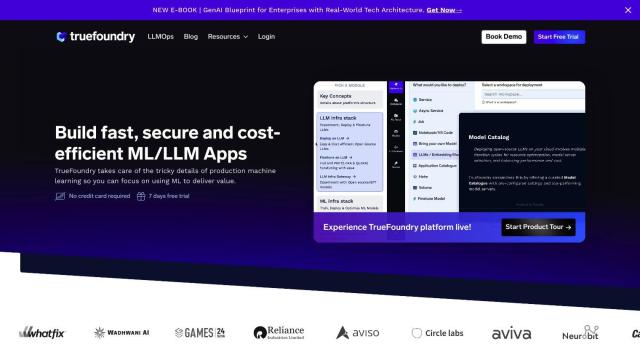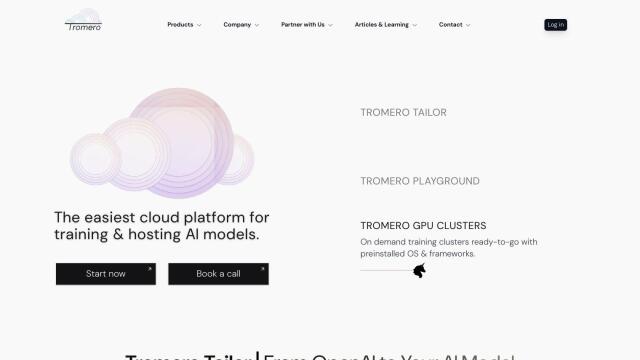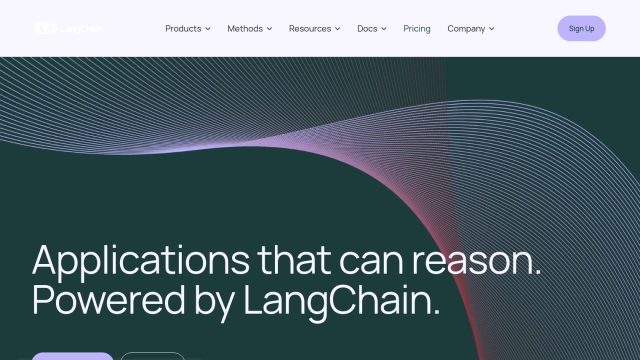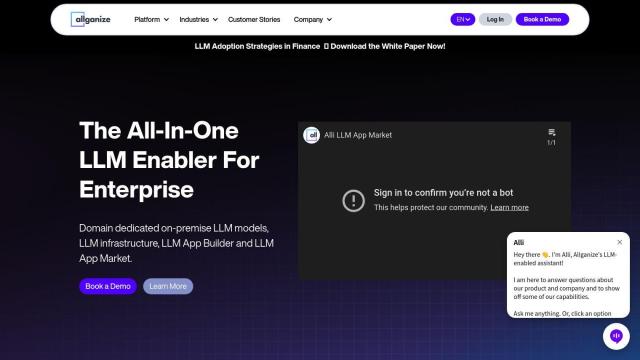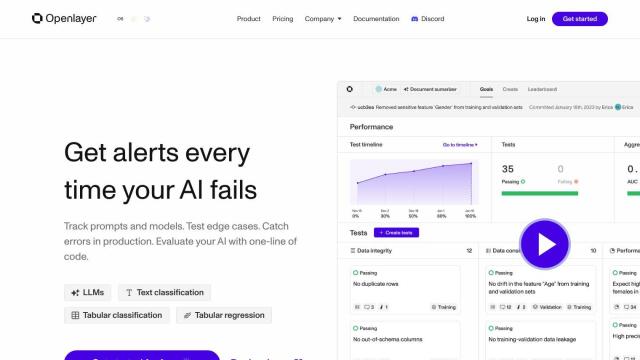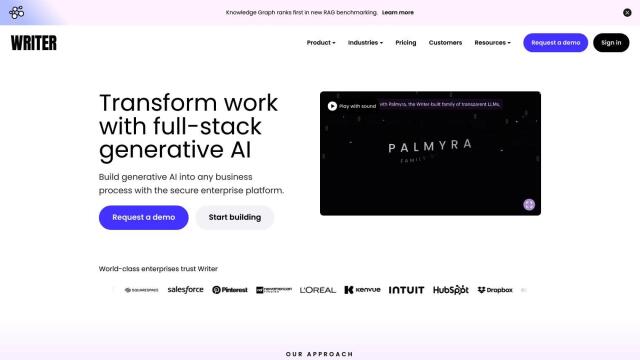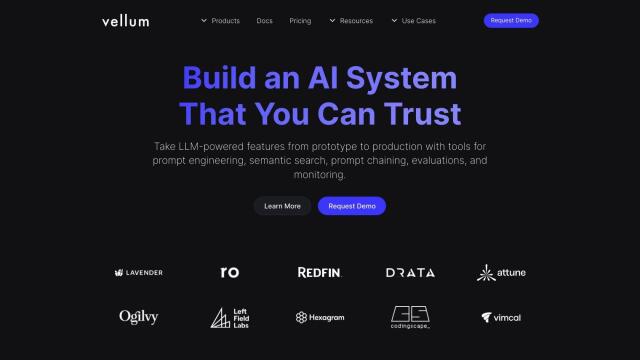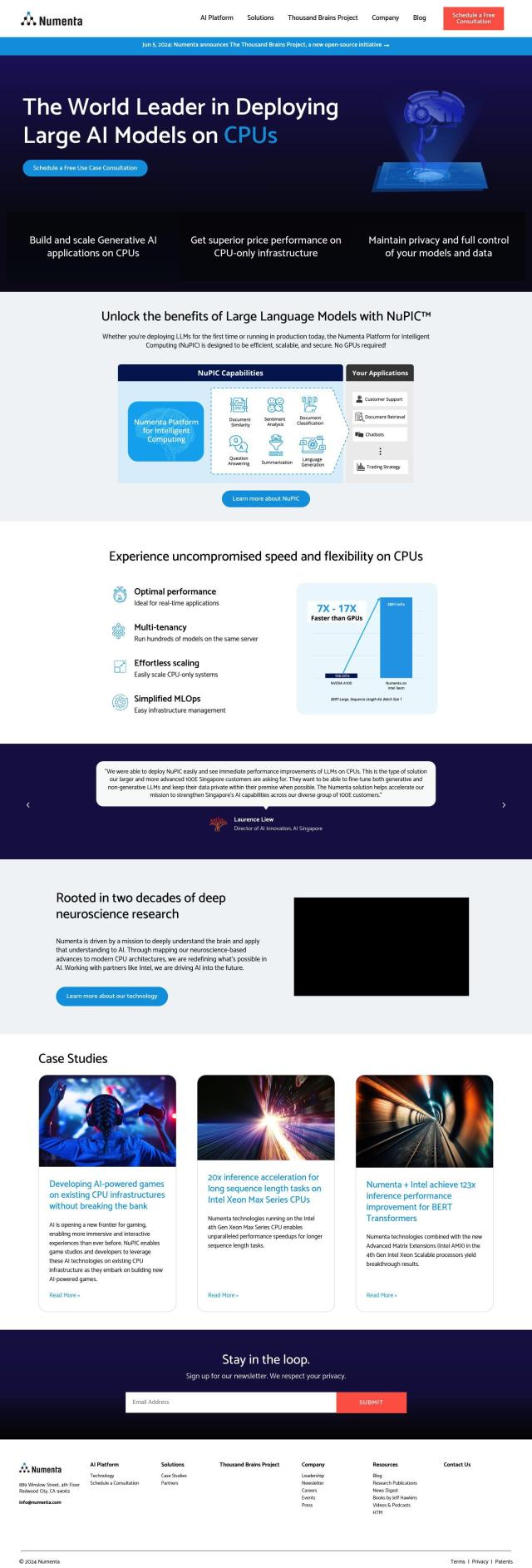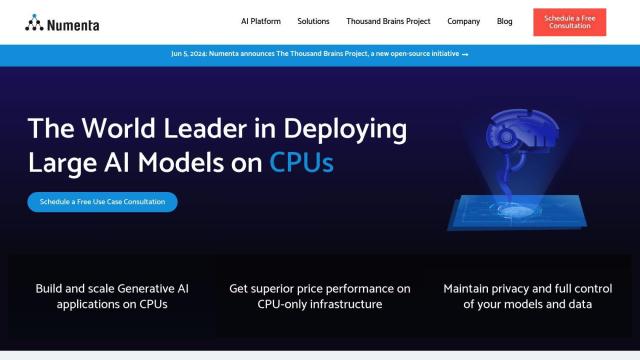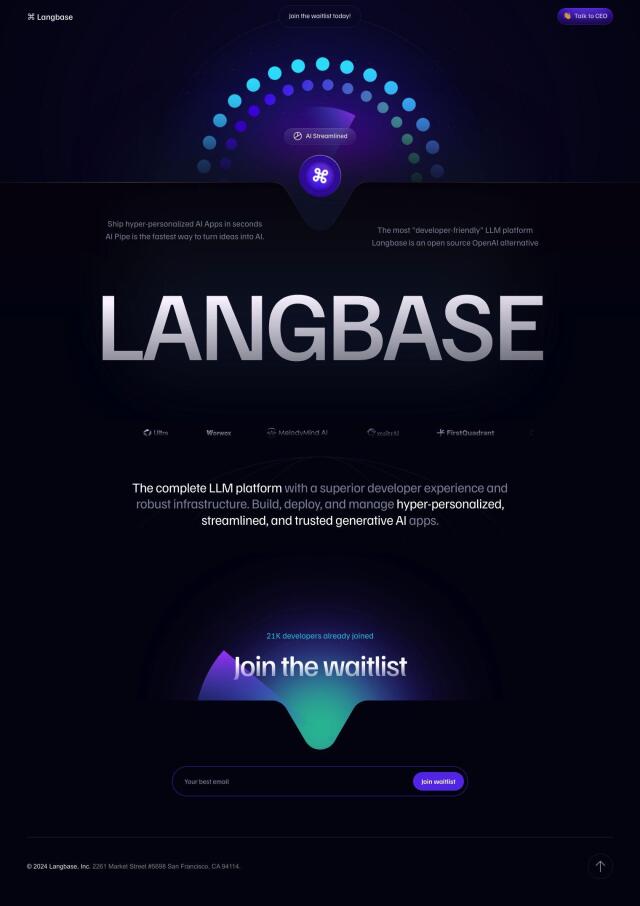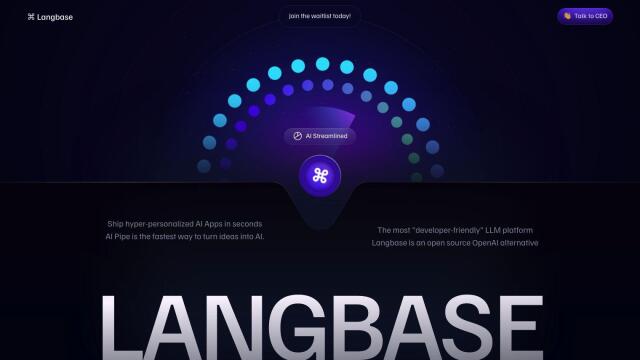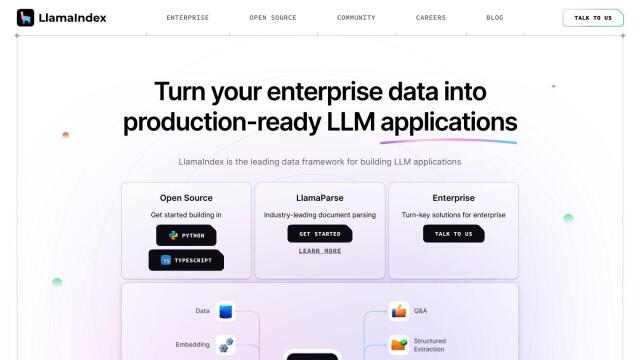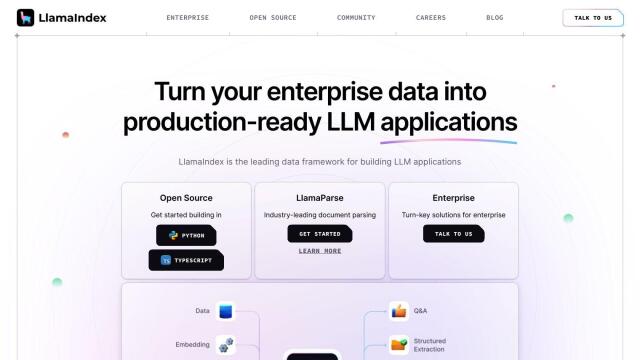Question: I'm looking for a platform to build and deploy custom large language models for my business, can you help?

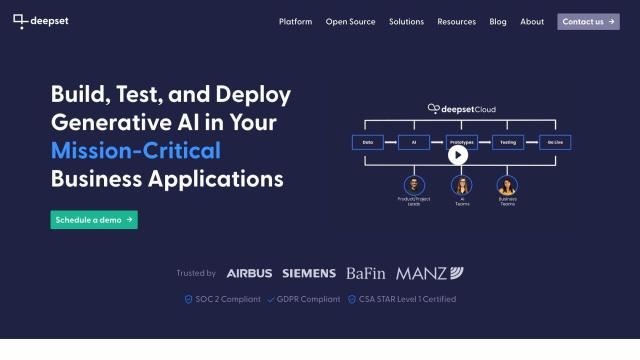
deepset
If you're looking for a full-fledged platform to train and deploy your own large language models for your business, deepset is a top contender. It's got a full cloud platform and an open-source Haystack framework for training and deploying large language models for business use cases. The platform can be integrated with models like GPT-4 and Llama-v2, and includes tools for data ingestion, model optimization, prototyping, and deployment. It also includes tools for different use cases like Retrieval Augmented Generation and Conversational BI, so it's a good option for building category-defining AI solutions.

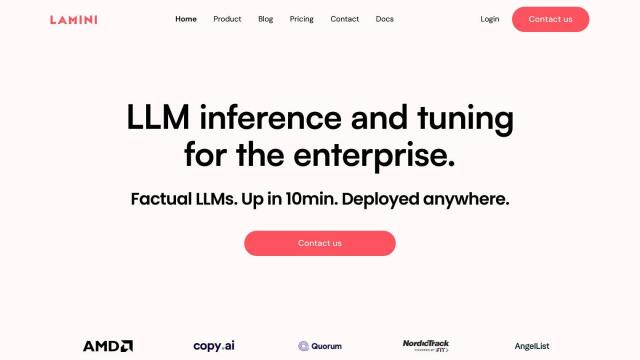
Lamini
Another top contender is Lamini, an enterprise-grade LLM platform for software teams. It lets you train, manage and deploy your own LLMs on your own data. Lamini features include memory tuning for high accuracy, deployment to different environments including air-gapped environments, and high-throughput inference. It's a full platform for managing the model lifecycle, and it's available in free and enterprise tiers, so it should be adaptable to your needs and budget.


Predibase
Predibase is another option. It's a platform that lets developers fine-tune and serve LLMs at a lower cost, useful for tasks like classification, information extraction and code generation. It's got a low-cost serving infrastructure, and it supports a variety of models including Llama-2 and Mistral. With features like quantization and low-rank adaptation, and a pay-as-you-go pricing model, it's a flexible and economical way to deploy LLMs.

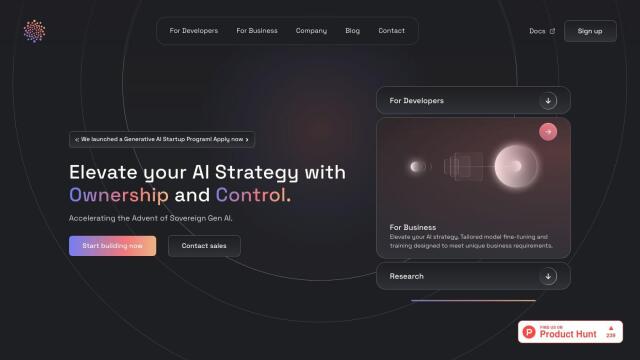
Prem
If you're concerned about data sovereignty and want to be able to deploy LLMs on your own premises, Prem is a user-friendly AI platform that lets companies use personalized LLMs. It can handle complex tasks like prompt engineering and deployment, and it comes with a library of open-source Small Language Models for fine-tuning. Prem is focused on data sovereignty and independence from third-party providers, so it's a good option for companies that want to keep sensitive data in-house.

